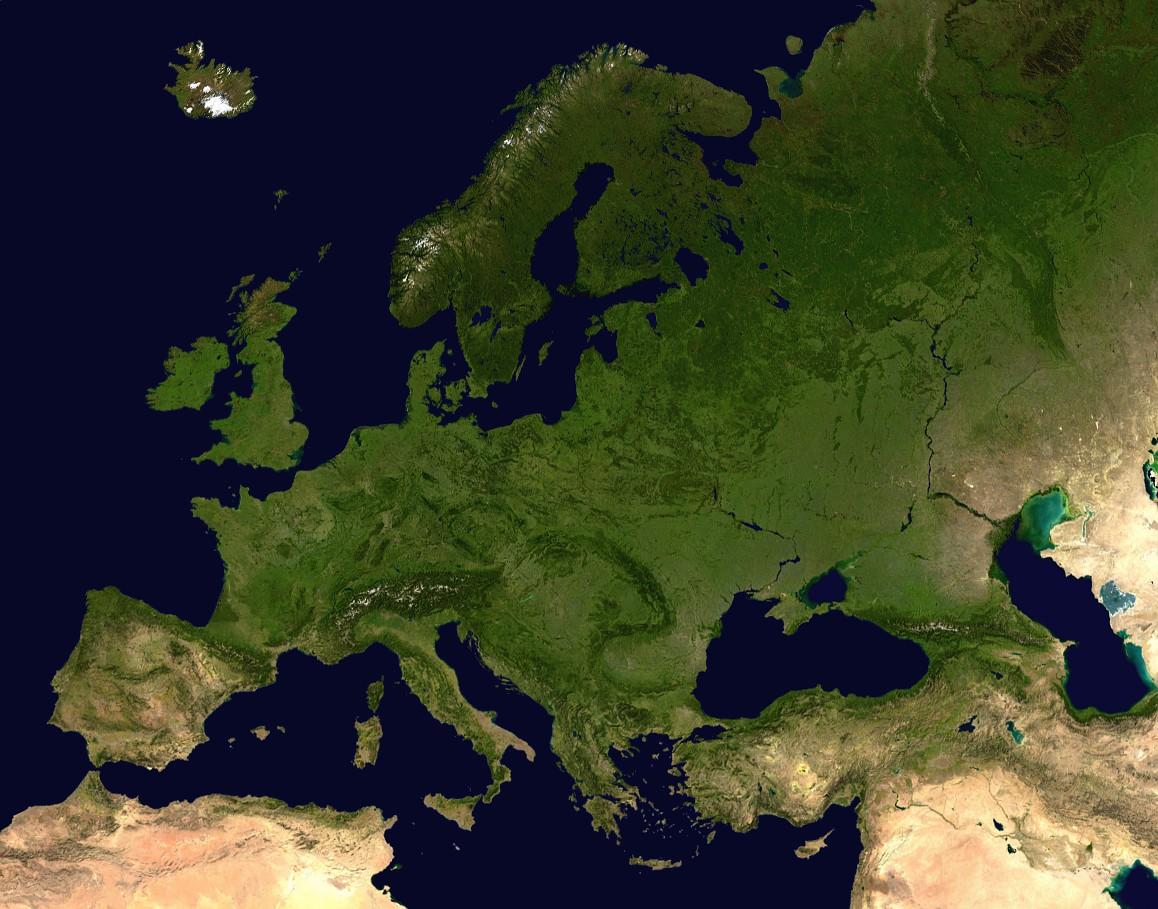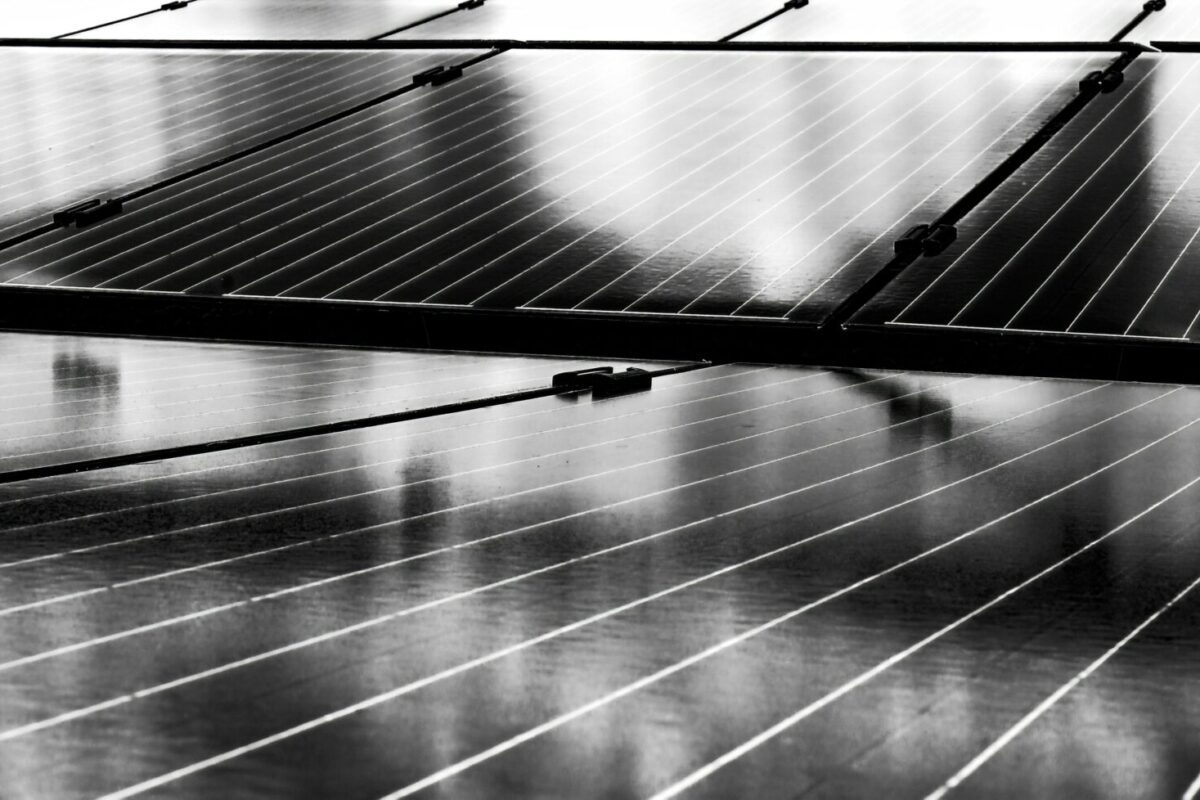When Chinese state-owned solar developer Panda Green remarked in its recent first-half results that the takeover by power company Beijing Energy had enabled a “reconstitution of the board and management,” it wasn’t kidding.
The unaudited first-half results of the business were published recently and two days later one of the company’s executives was shown the door.
The shareholding meeting held to approve the much-delayed annual results for last year went much as might have been expected – with one notable exception. The vote to re-elect Yu Qiuming as a non-executive director was met with 84.4% opposition and Qiuming made his exit.
First half
With the unaudited first-half results published by Panda Green two days earlier painting the picture of a company slowly moving in the right direction, the only mention in the six-month update of the missing deposits which led the previous auditor to refuse to sign off the 2019 figures was a statement the reconstituted, Beijing Energy-controlled board had been enabled “to focus on unresolved issues from the past.” Those unresolved issues amount to RMB1,094 million (US$161 million) paid by the business in 2017 to secure development rights to solar projects which never took shape. Two subsequent investigations have established the cash was probably spent on Panda Green shares via complex, third-party arrangements and, in the case of HK$12 million (US$1.55 million), ended up in the personal account of former CEO Alan Li, according to KMPG.
With total borrowings of RMB18.4 billion (US$2.7 billion) – RMB5.48 billion of it due by the end of June – there is still plenty of debt to shift but the company’s cash balances have at least risen from RMB239 million at the end of June last year, before white knight Beijing Energy arrived, to RMB2.03 billion a year later, and several other indicators on the balance sheet are slowly ticking back in the right direction.
With the board borrowing a further US$125 million and RMB900 million in the last two months, and in talks with banks to secure another RMB2.7 billion of credit – thanks to the financial clout of its new main shareholder – the auditor made welcome use of the phrase ‘going concern’ in the first-half update. Some US$150 million of those borrowings could be triggered at any moment under the terms of a covenant but when the state-owned energy company says that is unlikely to occur, the statement appears credible, rather than wishful thinking.
Europe
Panda Green is still dependent on state-owned entities the State Grid Corp of China and the Inner Mongolia Power Group for its electricity payment earnings – to the tune of almost 86% and 14%, respectively, but the fact the developer is now owned by a state energy firm will ease concerns in that quarter. The Hong Kong-listed company stated an ambition to “enter the European market in large scale.” As far as strategy goes, Panda Green also cited a plan to explore hydrogen and energy storage, in terms of their integration with renewables.
Net profit during a Covid-19 affected first half came in at RMB93 million while net debts reduced from RMB15.9 billion at the end of the year to RMB14.6 billion at the halfway stage.
This content is protected by copyright and may not be reused. If you want to cooperate with us and would like to reuse some of our content, please contact: editors@pv-magazine.com.




By submitting this form you agree to pv magazine using your data for the purposes of publishing your comment.
Your personal data will only be disclosed or otherwise transmitted to third parties for the purposes of spam filtering or if this is necessary for technical maintenance of the website. Any other transfer to third parties will not take place unless this is justified on the basis of applicable data protection regulations or if pv magazine is legally obliged to do so.
You may revoke this consent at any time with effect for the future, in which case your personal data will be deleted immediately. Otherwise, your data will be deleted if pv magazine has processed your request or the purpose of data storage is fulfilled.
Further information on data privacy can be found in our Data Protection Policy.